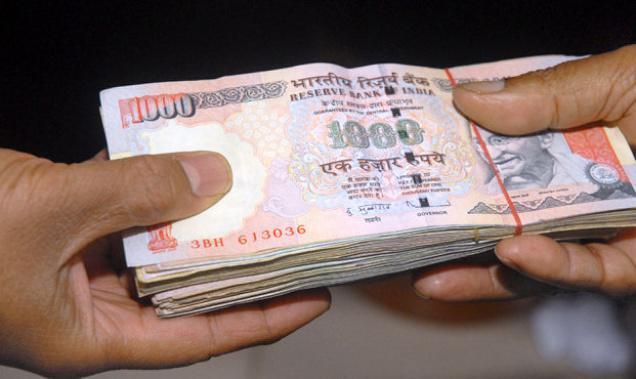Search
Merger of banks and its effect on economy
April 24, 2017

Amid the news of the SBI merger flying high, there are many questions arising. The major question is the impact of the merger on the economy, both the positive one and the negative one.
The bright side
- The size of each business entity after the merger is expected to add strength to the Public Sector Banks in particular and the Indian Banking System in general.
- After the merger, Indian banks can manage their liquidity – short-term as well as long-term – position comfortably. Thus, they will not be compelled to resort to overnight borrowings in the call money market and from RBI under the Liquidity Adjustment Facility (LAF) and Marginal Standing Facility (MSF).
- The number of public sector banks will come down, perhaps to 6 or 7, after the proposed consolidation of banks. This will end the unhealthy and intense competition going on even among public sector banks as of now. While professional competition in the marketplace is welcome, unhealthy competition leads to many unethical practices and regulatory violations as noticed at present.
- Even now, public sector banks in India hold 77% market share. Therefore, the new banks, after the merger, will give the private sector banks a good run for their money.
- A great number of posts of CMD, ED, GM, and Zonal Managers will be abolished, resulting in savings of crores of Rupee.
The darker side
- Mergers will result in shifting/closure of many ATMs, branches and controlling offices, as it is not prudent and economical to keep so many banks concentrated in several pockets, notably in urban and metropolitan centers. Though the closure or merger of a large number of branches will not happen all of a sudden, it is bound to happen over a period of the next 5 years.
- The Head Office of the banks after the merger will be situated at a far off place, maybe more than a thousand kilometers away from different branches situated at different corners of the country.
- Banks will be compelled to offer another round of VRS, especially to those above 50 years of age and to those having more than 25 years of experience in the same bank.
Important Links:
- Professional Diploma in Banking and Financial Services: https://ask.careers/courses/professional-diploma-in-banking-management/
- Mumbai: https://ask.careers/cities/mumbai/
- TSCFM: https://ask.careers/institutes/tscfm/



